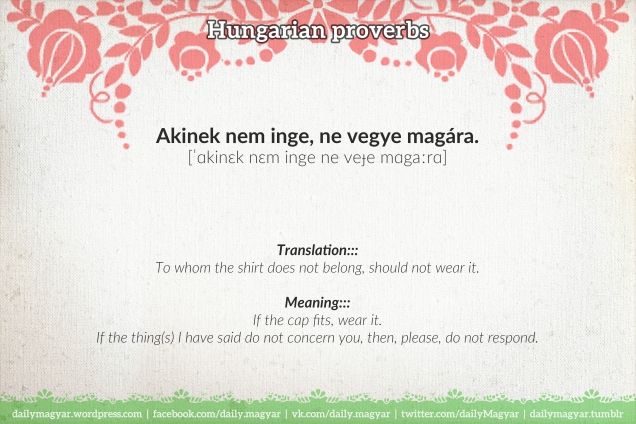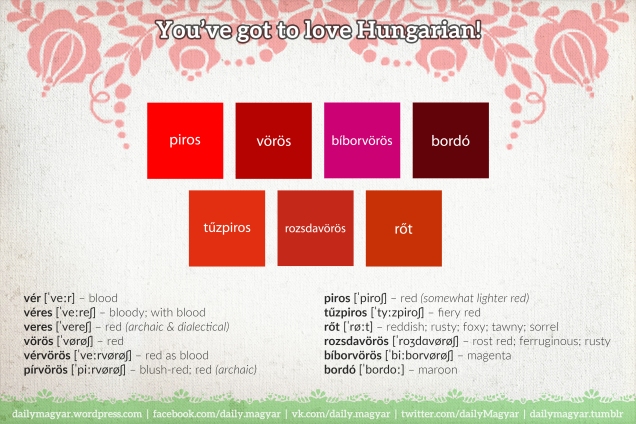
Hogy ityeg a fityeg? – What’s up?
[Literally::: How the dangler is dangling?; How is your penis doing? How is it hanging? 😀 ]
Hogy, s mint? – How and how?
Hogy, s mint vagy? – How and how are you?
Meg vagy? – Have you got you?; Are you (alright)?
Mi a pálya? – What’s up? [Lit.: What’s the field?]
Mi a helyzet? – What’s up? [Lit.: What’s the situation?]
Mi a szitu? – What’s up? [Lit.: What’s the situation?]
Mi a stájsz? – What’s up?
Mi a kotta? – What’s up? [Lit.: What’s the score?]
Mi a téma? – What’s up? [Lit.: What’s the theme?]
Mi a dörgés? – What’s up? [Lit.: What’s the rolling/rumbling?]
Mi az újság? – What’s up? [Lit.: What’s new?]
Mizújs? – What’s up? [Lit.: What’s new?]
Mizu? – What’s up? [Lit.: What’s new?]
..all of these are slang phrases
°
fityegni – to dangle; to swag
csüngeni – to dangle; to swag
lógni
1) to dangle; to swag; to hang; to be hanging
2) to play truant; to play hooky (to miss school, work, etc. without suitable permission or excuse)
hogyan?; hogy? – how?
hogy – that; so; so that
mint
1) than; as … as
[e.g.: Nagyobb, mint egy ház. – Bigger than a house.]
[e.g.: Olyan fehér, mint a hó. – As white as snow.]
2) as; like
pálya
1) an area of land court, rink, field or pitch
2) a course of motion, path, orbit or track
3) a person’s vocational course such as a profession, career
helyzet – situation
kotta – score; sheet music
téma – theme; topic
gurítani – to roll; to wheel; to bowl; to trundle
dörgés – thunder (a sound resembling thunder)
dörögni
1) (of sky) to thunder; to rumble
2) (of cannon) to thunder; to boom; to roar
3) (of human) to thunder; to fulminate; to roar








